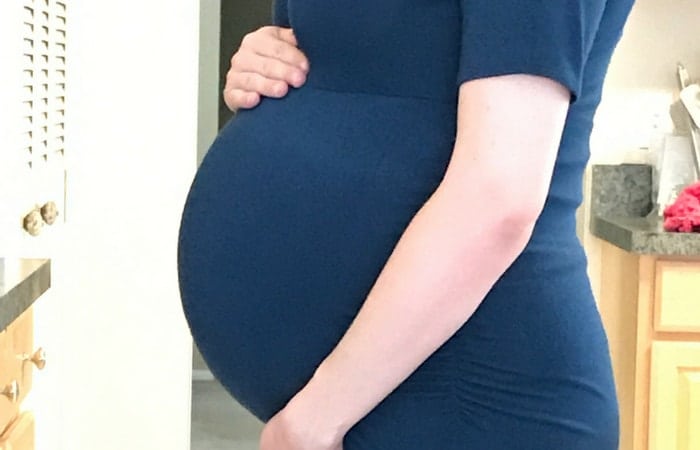Last updated on March 7th, 2024 at 10:01 am
What Is a Nonstress Test?
A non-stress test measures your babies’ heart rates and records any contractions of your uterus. This test helps gauge your babies’ well being. Normally, a baby’s heart will beat faster (accelerate) when he/she moves. This suggests that the placenta is delivering enough oxygen to your baby’s brain and heart and that baby is doing well.
What’s the Nonstress Test Procedure Like?
Nonstress tests are non-invasive procedures, so there are no needles, IVs, injections, or blood draws. You’ll lie down on a recliner, partially on your side. You may be given a wedge or a couple of rolled-up towels to place under your back to allow you to comfortably lean back. Two straps with monitors will be placed around your belly. One monitor measures your baby’s heart rate and the other picks up any contractions. The data is recorded and displayed on a screen.
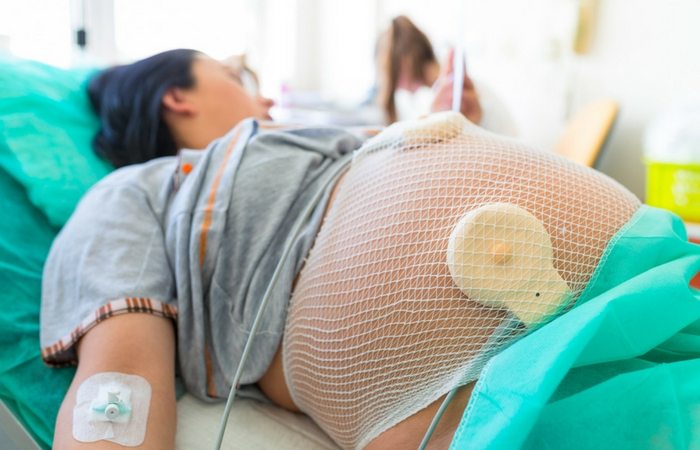
Under perfect circumstances, a nonstress test should take about 40 minutes from start to finish. Honestly though, I never once left before an hour and most times I was there for 90 minutes. The nonstress test is looking for two heart rate accelerations within 20 minutes. If this is not accomplished within the time frame, you start over.
My singleton was not cooperative whenever I had a nonstress test. I can remember, more than once, lying in that chair strapped to a monitor for 2 hours or more. If your baby isn’t participating you might be asked to drink something with a little sugar hoping to get baby moving. If that doesn’t work, the nurse might use a noisemaker to try to wake the baby. This is completely safe for your baby, it will startle him/her, but will not hurt them in any way.

Worried about breastfeeding twins? What To Do When You’re Breastfeeding Two is an on-demand online breastfeeding twins class made just for YOU! This course was created by Twiniversity in partnership with Judy Teibloom-Mishkin, IBCLC. Click here to learn more…
I always made sure to use the restroom before I checked in for my nonstress test appointment. I would wear my most comfortable clothes, brought books and magazines to read, and of course my smartphone. I also made sure to bring water and a snack, but make sure you sip the water — you don’t want to have a bathroom emergency in the middle of your test. At the facility where I was tested, I was welcome to bring a guest, which helped the time pass quicker, but children under the age of 13 years old were not allowed.

Nonstress tests are usually administered in the hospital, in a multi-station room, so be prepared to share space with other pregnant women. There are curtain dividers, but you are still able to hear what is going on around you. Don’t get discouraged if the women around you are finishing before you. I really believe that babies can feel how we feel; if we are relaxed, they are relaxed, and if we are tense, they will be tense.
What Do the Nonstress Test Results Mean?
If your baby has two heart rate accelerations within 20 minutes, your baby is “reactive”, which means your baby has a normal heart rate and is healthy and not under any stress. Yay! Have a great couple of days until your next test.
A “nonreactive” baby is one who does not make a minimum number of movements during the 40-minute period or whose heart doesn’t accelerate as much as expected when they move. This does not necessarily mean your baby is in danger. You will most likely continue testing for an additional 40 minutes. If your practitioner determines that your baby could be under stress, she’ll order further testing. Do not despair! You are performing these tests so that your doctor can best inform you about how to continue to care for your baby or babies.
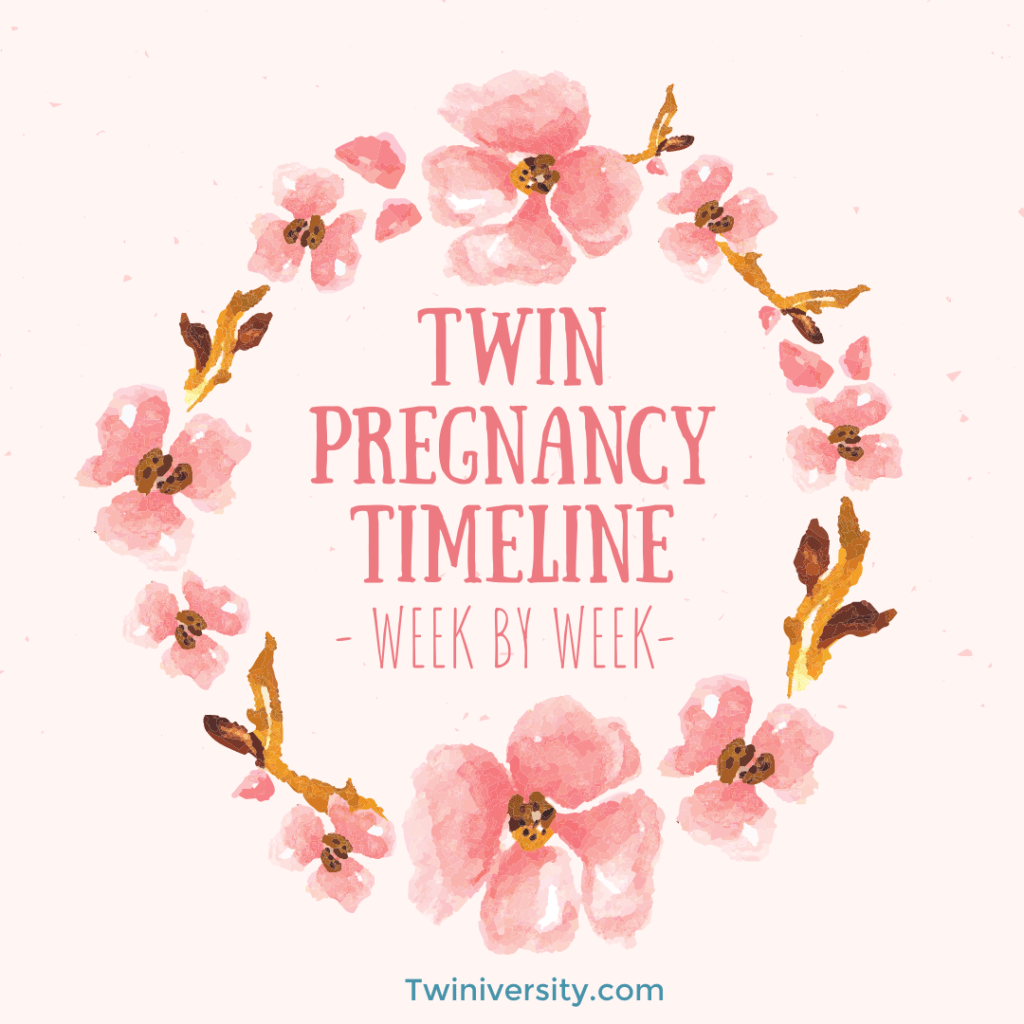
If you just heard that second heartbeat for the first time, or you know it’s been two for a while, you need to read our twin pregnancy week by week timeline to help you learn what happens week by week with twins. Click here to learn more… and while you’re at it, check out our expecting twins classes and twin parent coaching services.
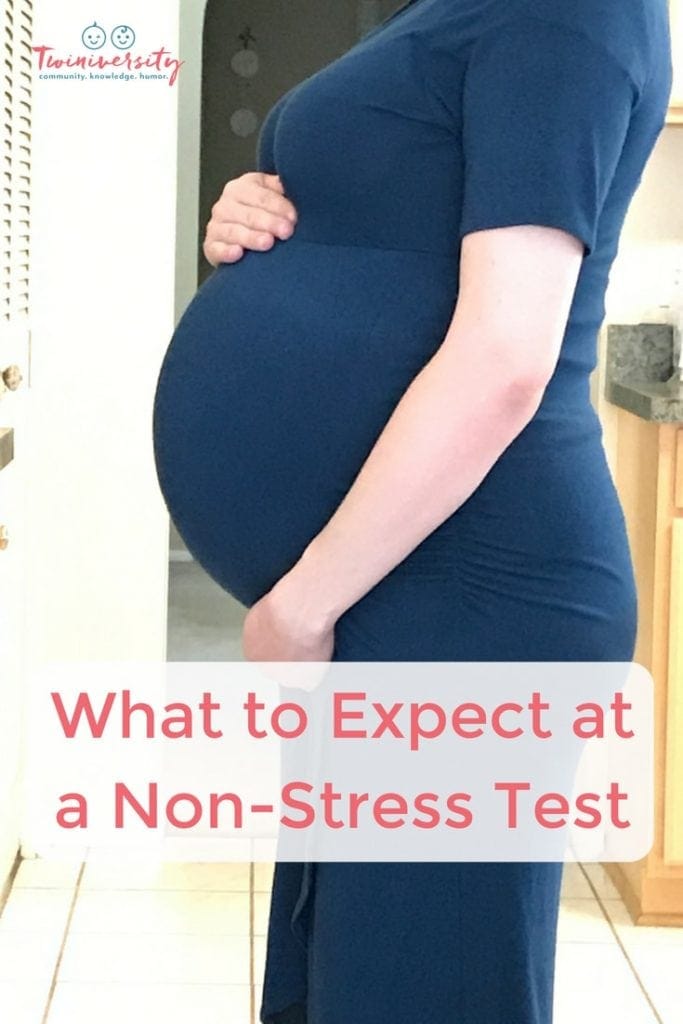
Scheduling two nonstress tests every week for five weeks straight can be stressful (ironically), especially if you have more little children at home. But once I got some childcare in place for my babies’ older sibling, I really embraced each nonstress test. It was a little me time, twice a week, where I got to relax in a recliner and read a book or magazine, or waste time on social media for a little while. In a way, it was the perfect way to finish up my pregnancy.
Belly Beautiful: Dealing With Stretch Marks During Your Pregnancy
All content on this Website, including medical opinion and any other health-related information, is for informational purposes only and should not be considered to be a specific diagnosis or treatment plan for any individual situation. Use of this site and the information contained herein does not create a doctor-patient relationship. Always seek the direct advice of your own doctor in connection with any questions or issues you may have regarding your own health or the health of others.
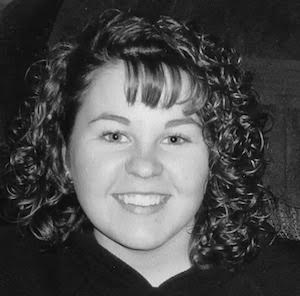
Twiniversity Staff Writer
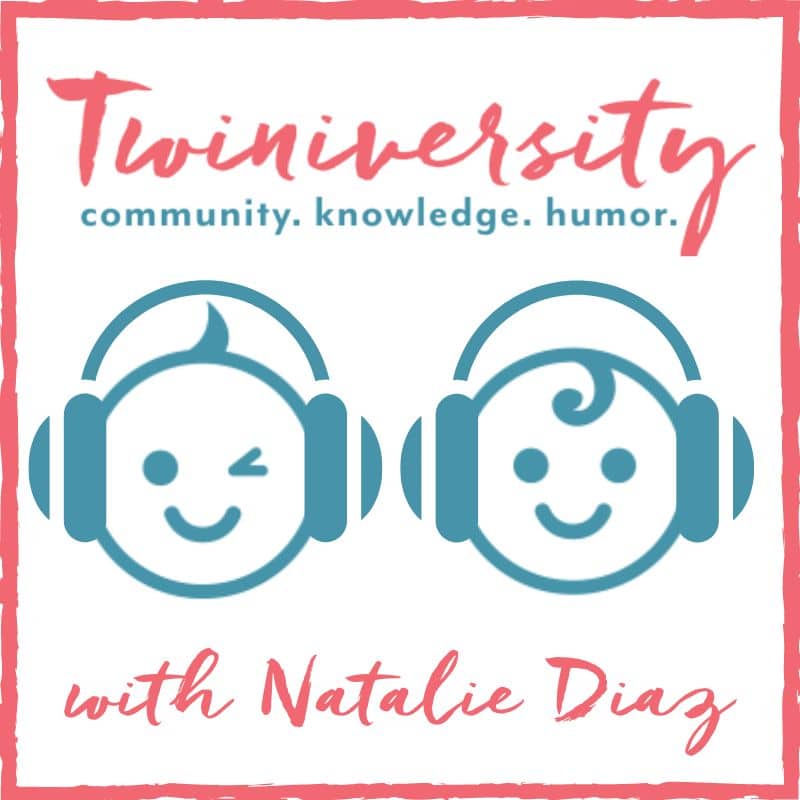
Got twins? Us too! The Twiniversity Podcast with Natalie Diaz was created BY parents of twins FOR parents of twins, from your pregnancy days through your twin’s teenage years, this podcast covers it all. It’s all about parenting twins, offering plenty of strategies for making life better, parenting hacks, and, of course, humor. We are laughing WITH you every step of the way.
Are You a New Twin Parent?
Check out Natalie Diaz’s book:
“What To Do When You’re Having Two
The Twin Survival Guide From Pregnancy Through the First Year”
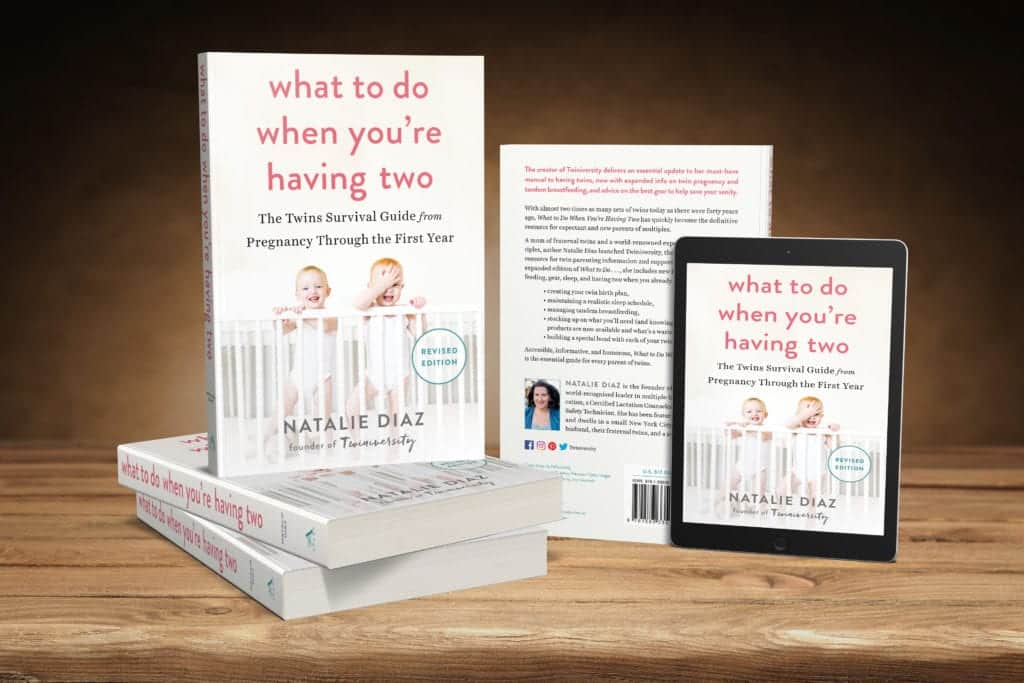
In What to Do When You’re Having Two: The Twins Survival Guide from Pregnancy Through the First Year, national twins guru and founder of Twiniversity (and twin mom herself!) Natalie Diaz provides a no-holds-barred resource about life with twins, from pregnancy and birth all the way through your duo’s first year of life.
Accessible and informative, What to Do When You’re Having Two
is the must-have manual for all parents of twins.

